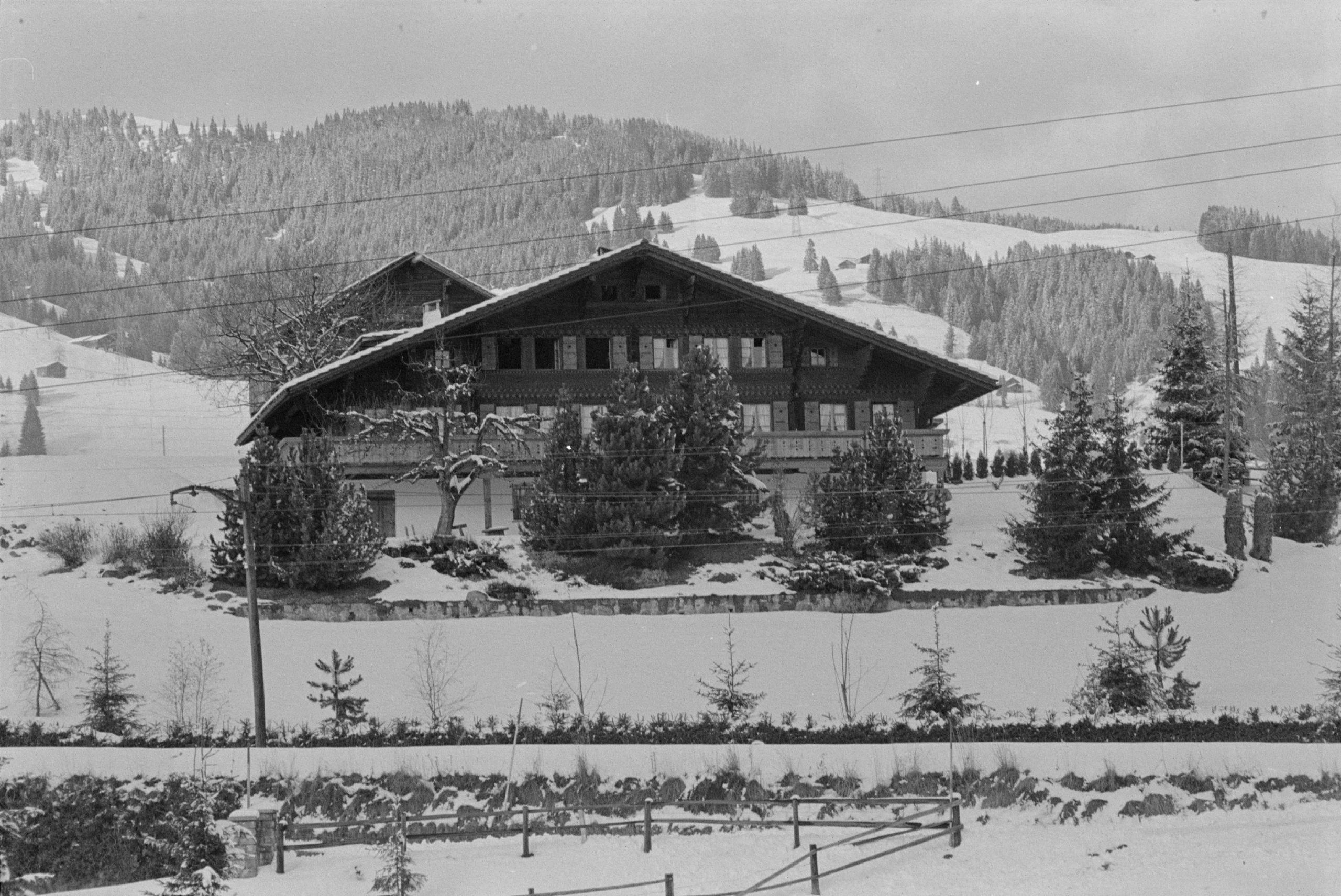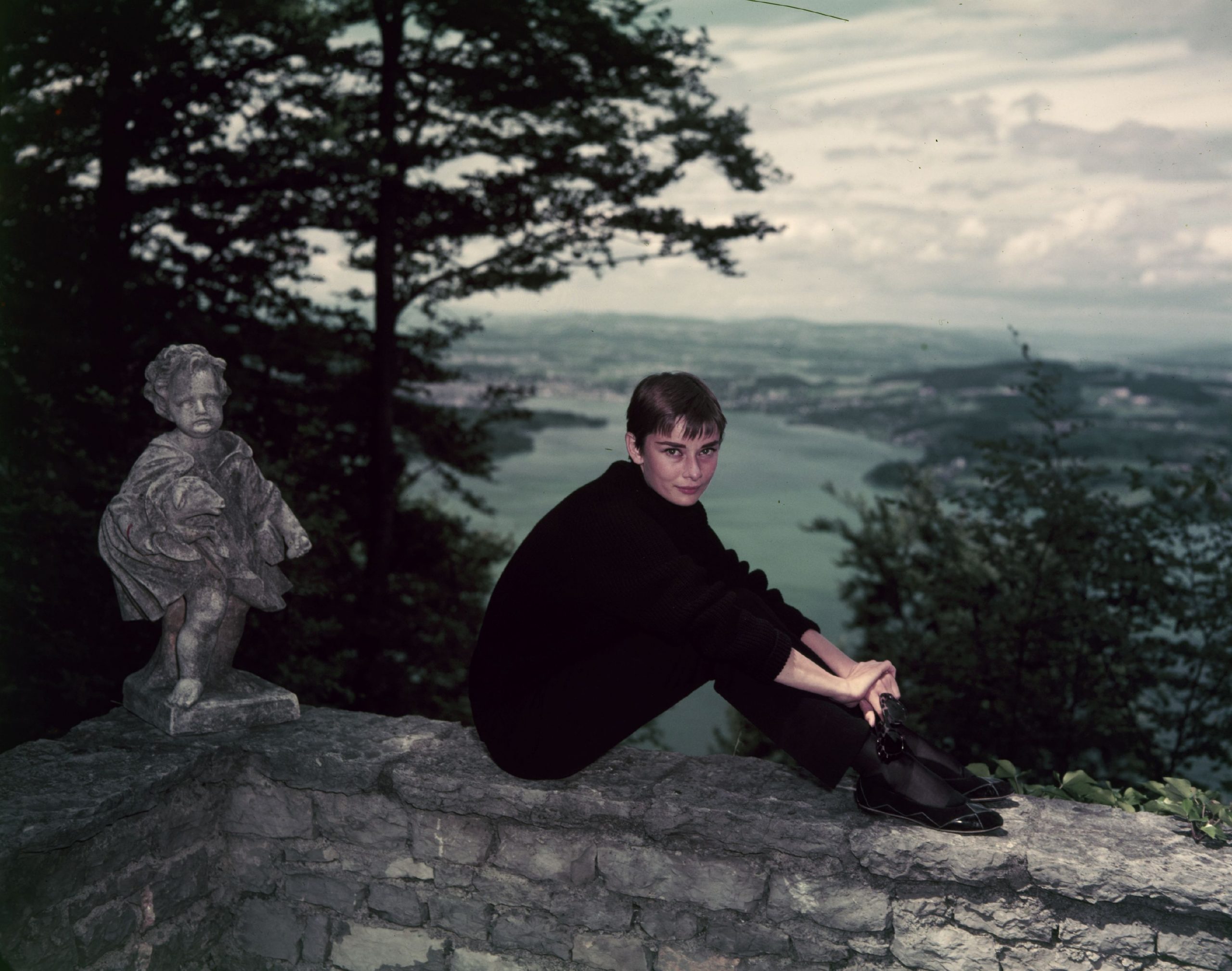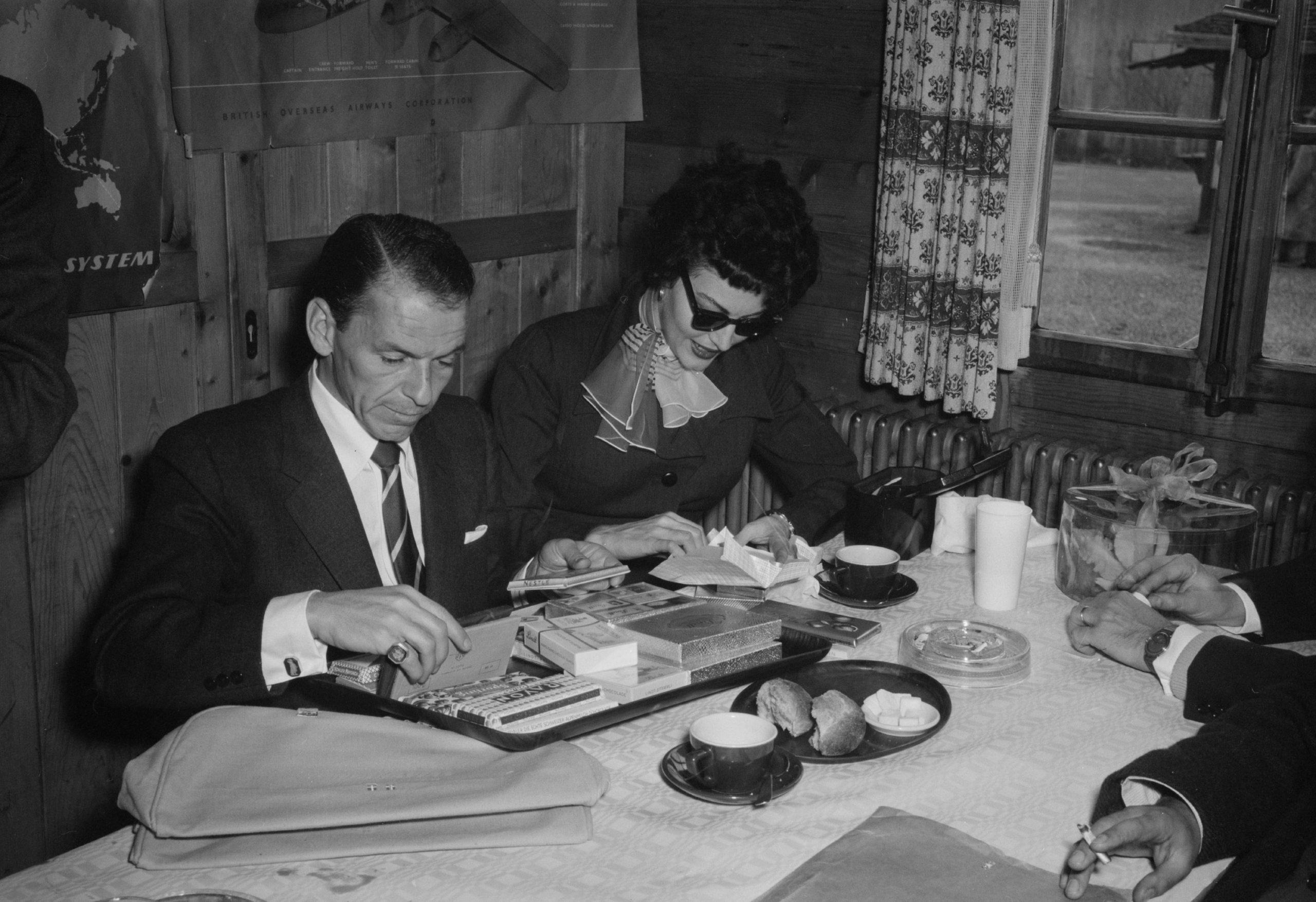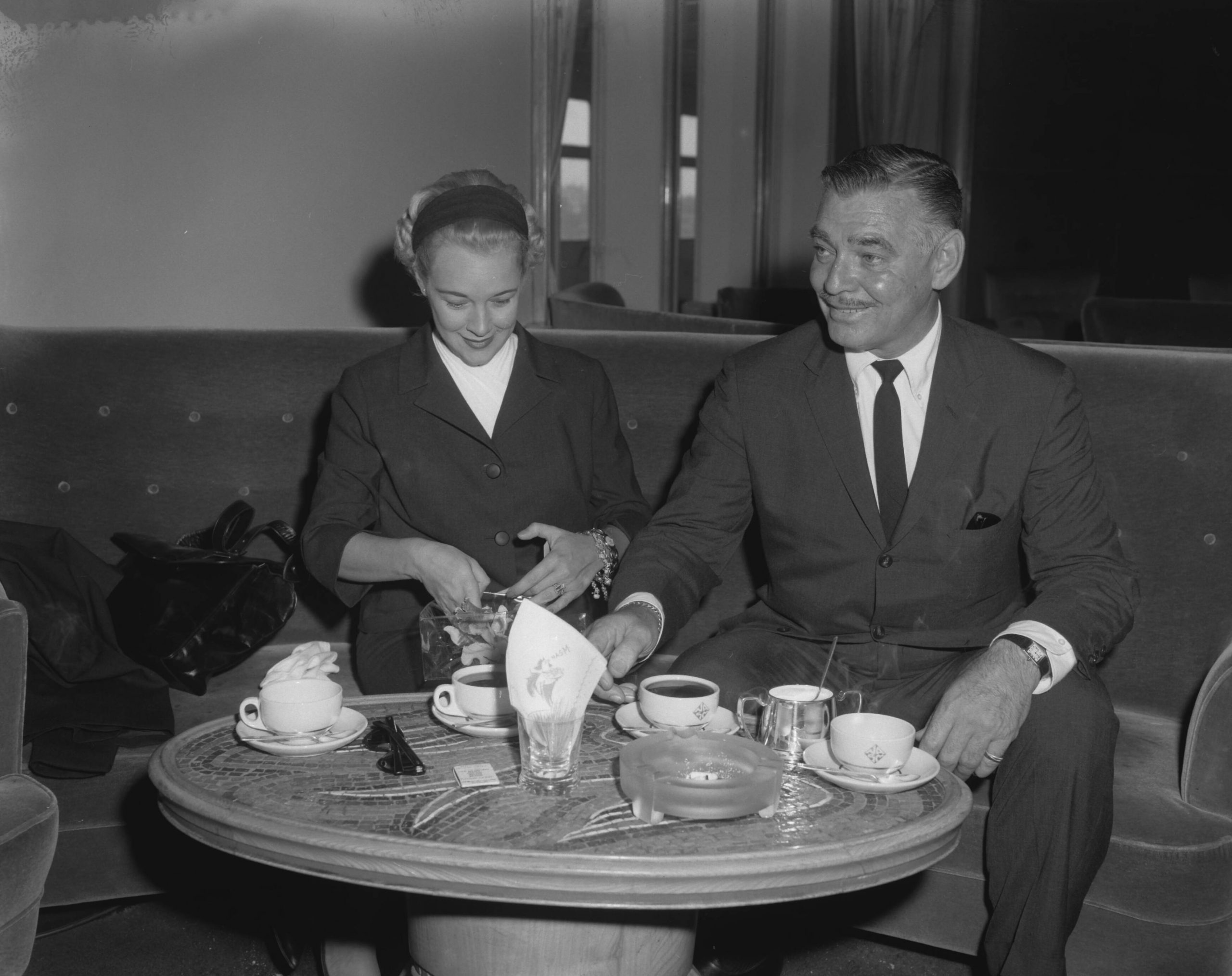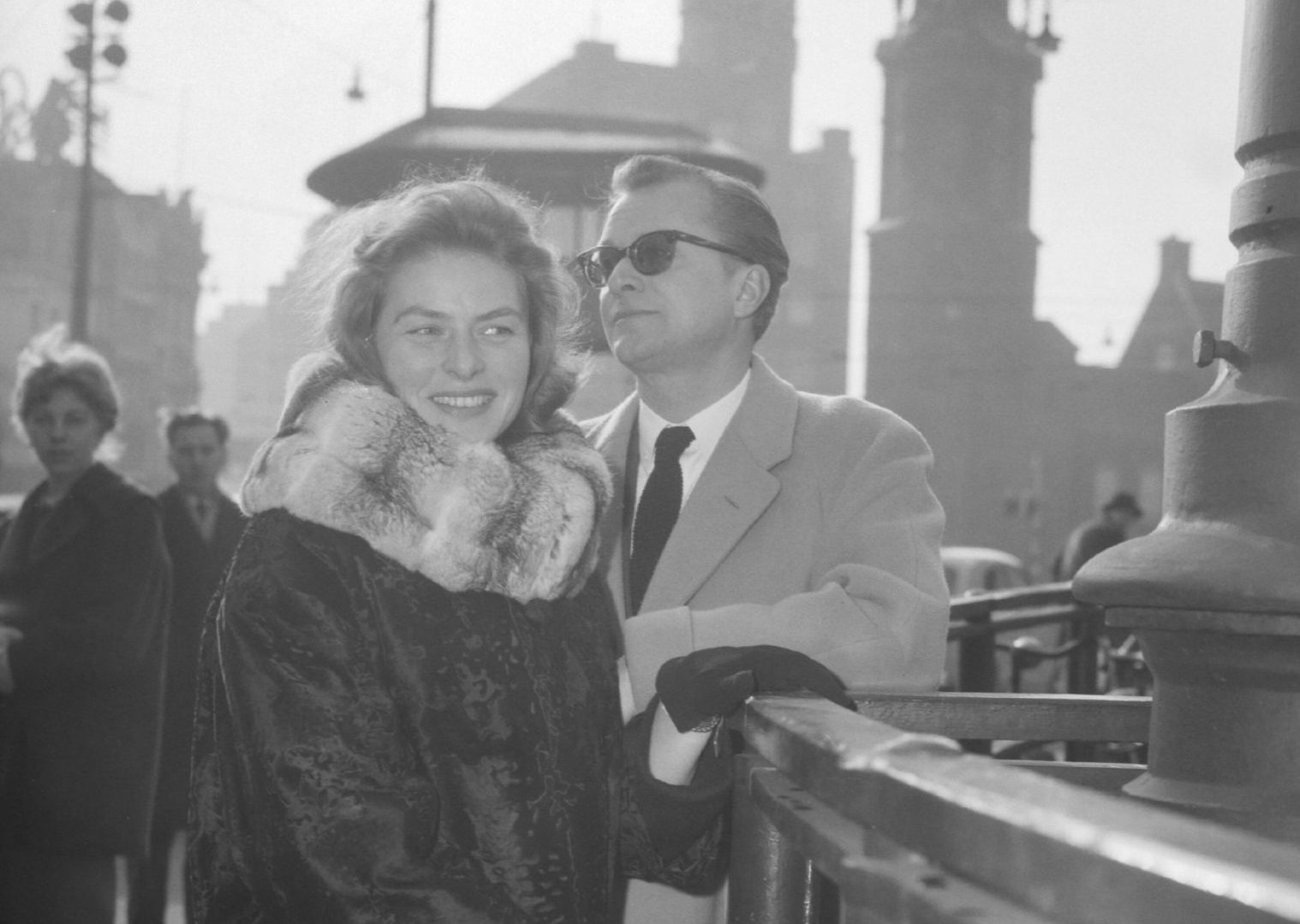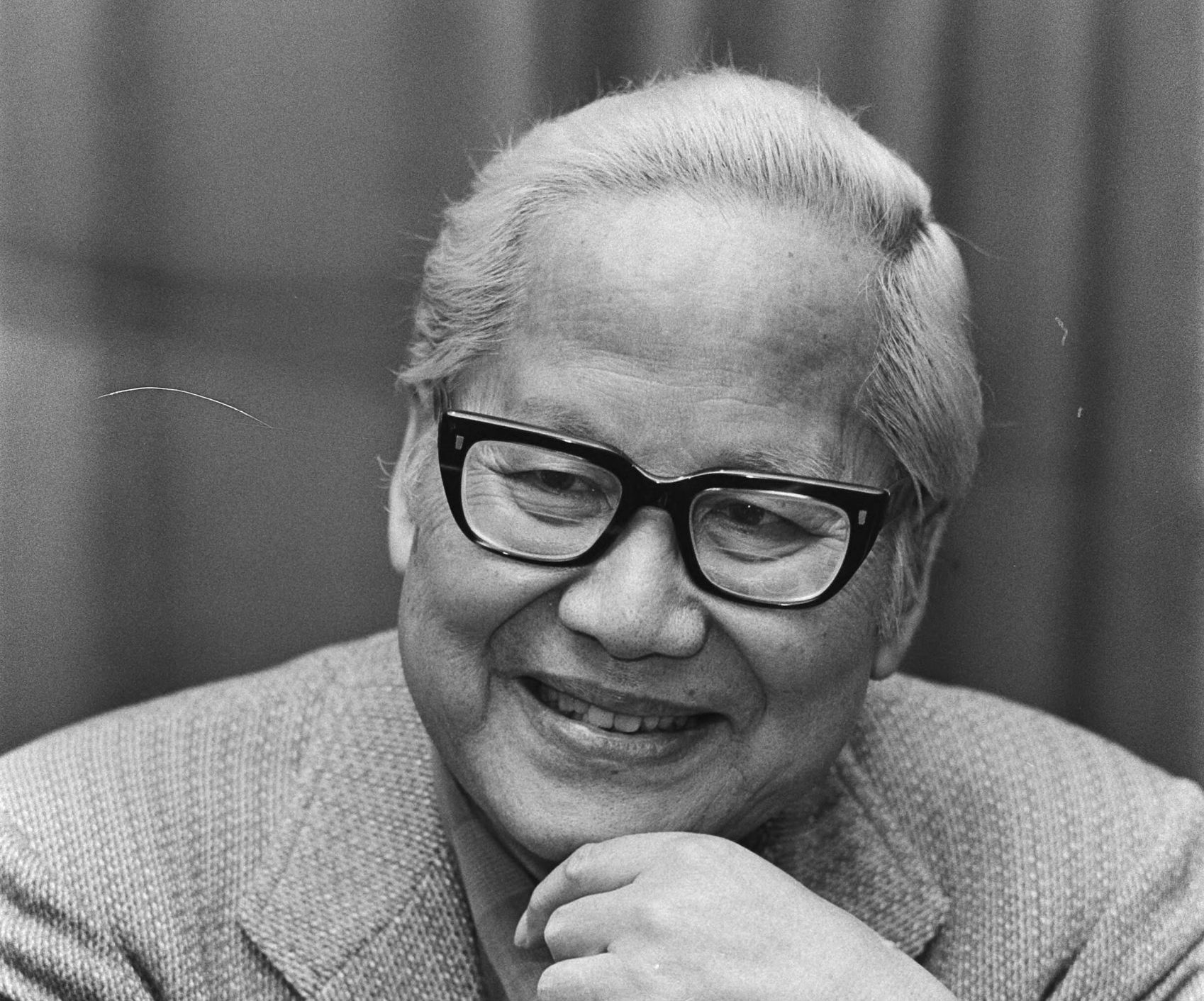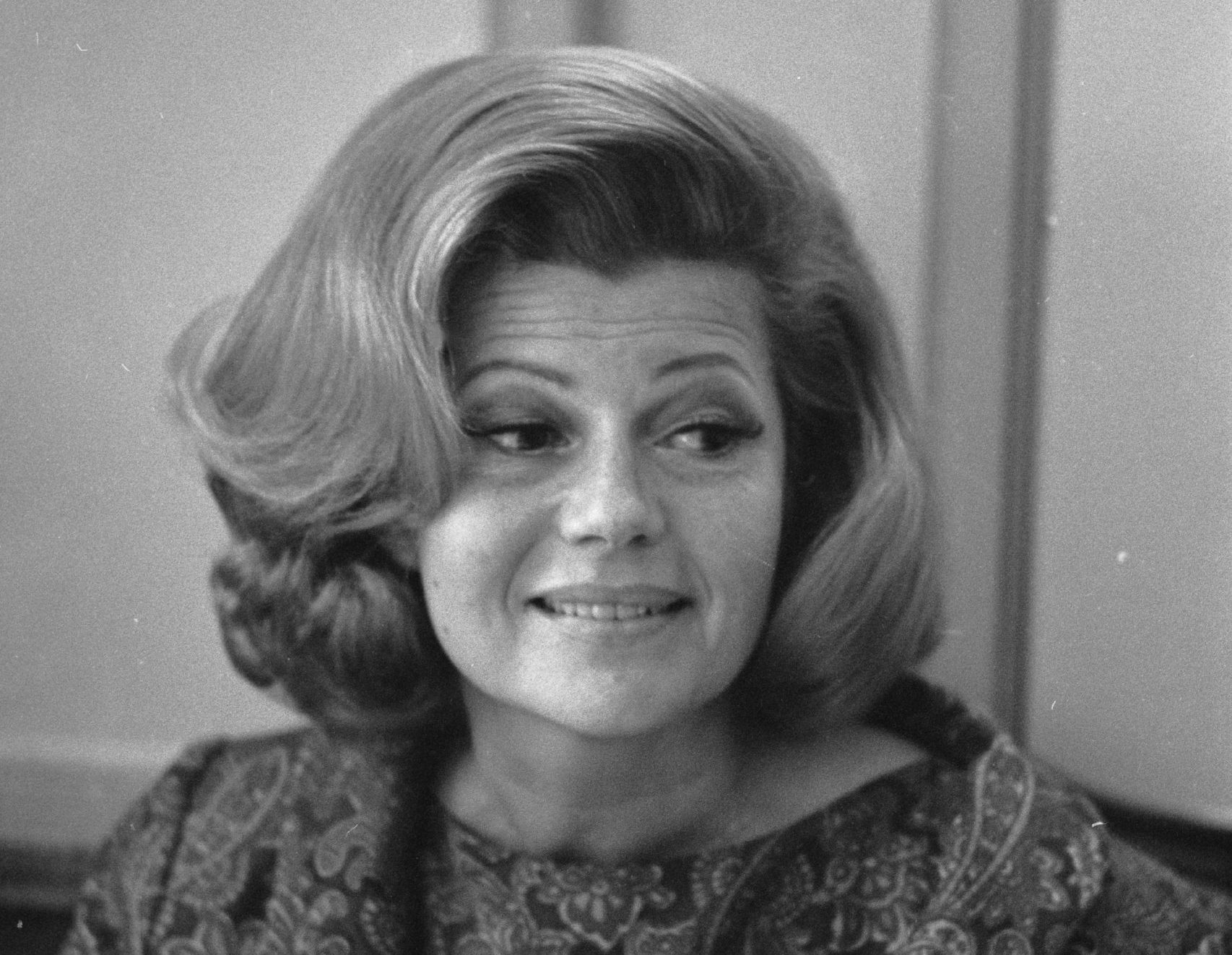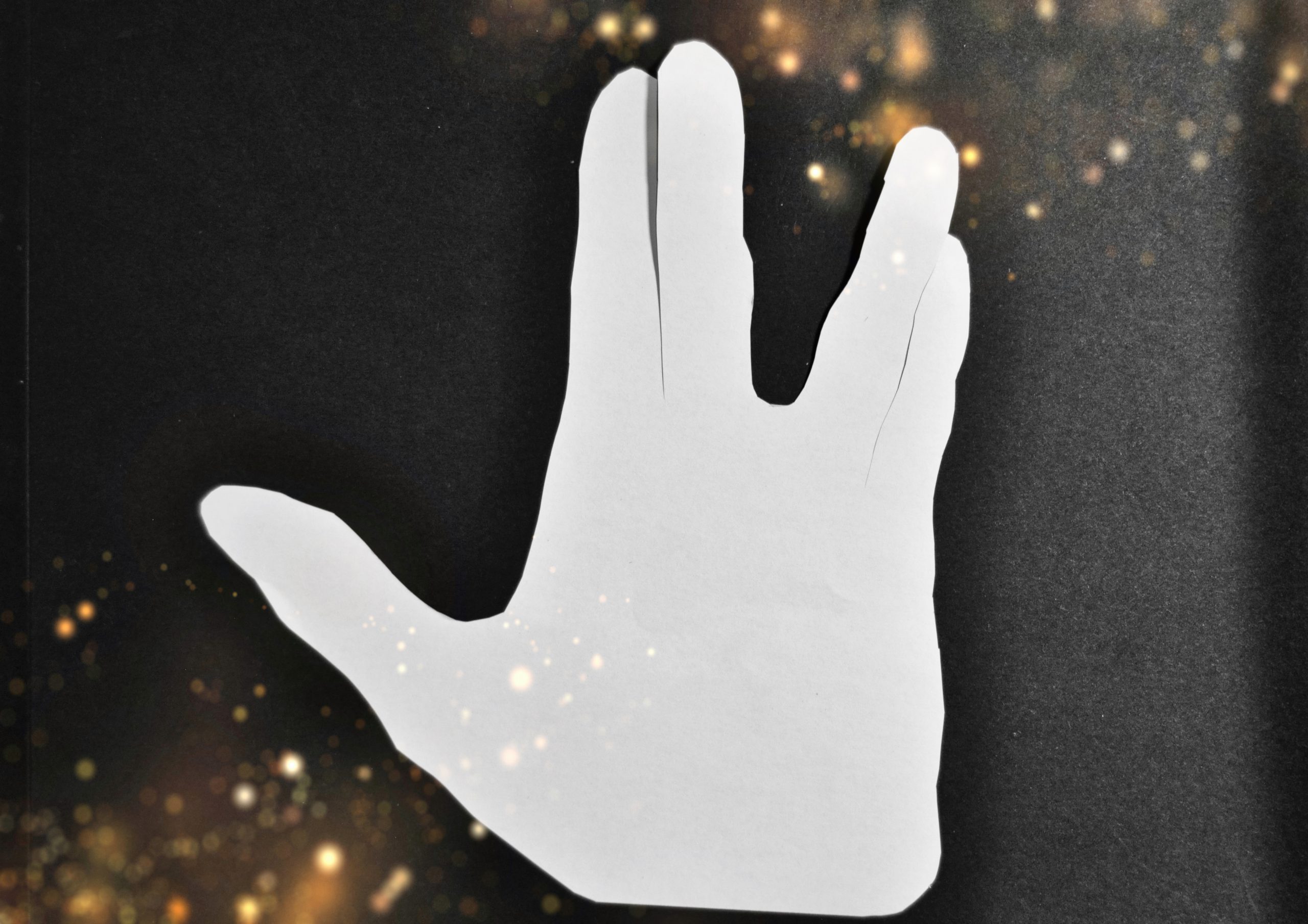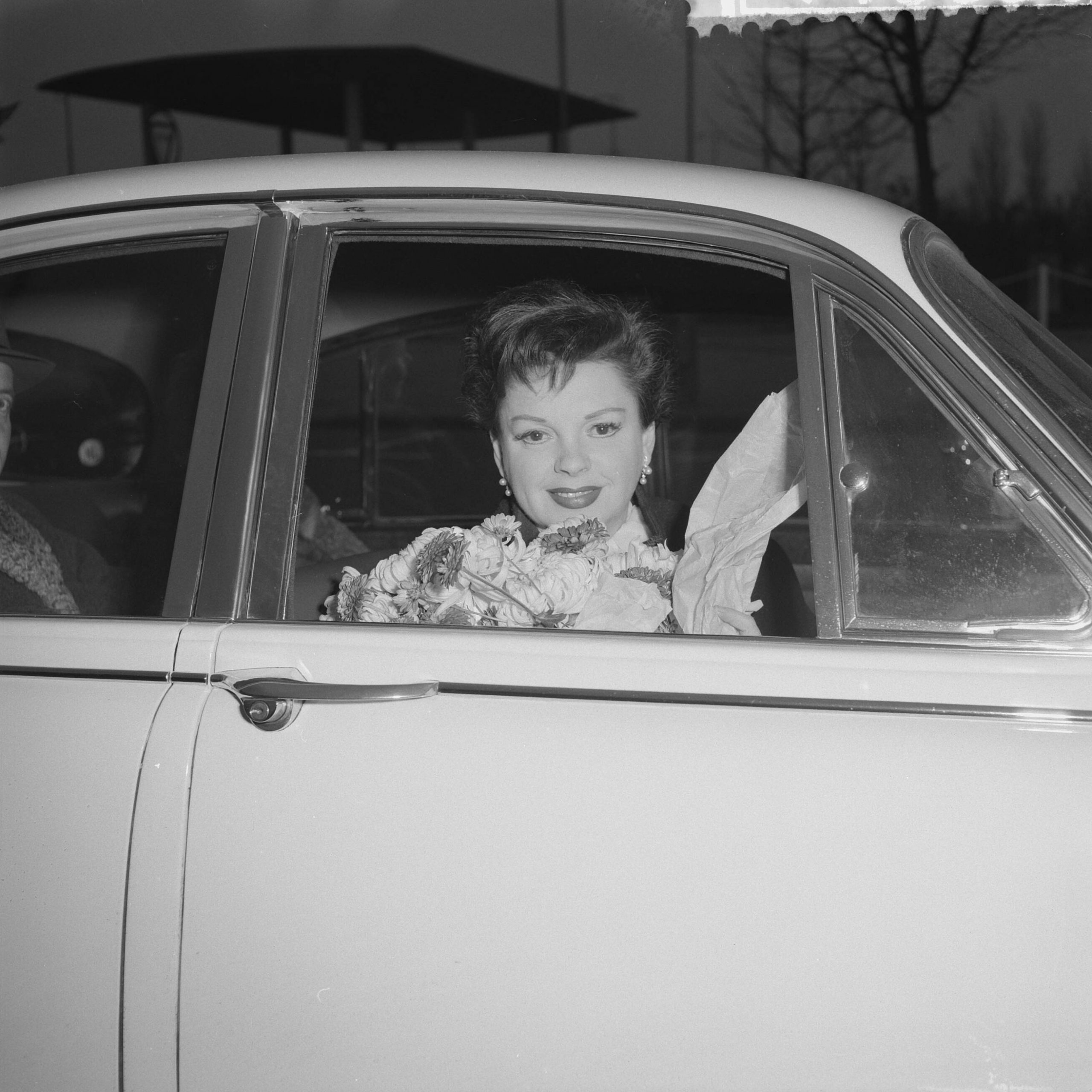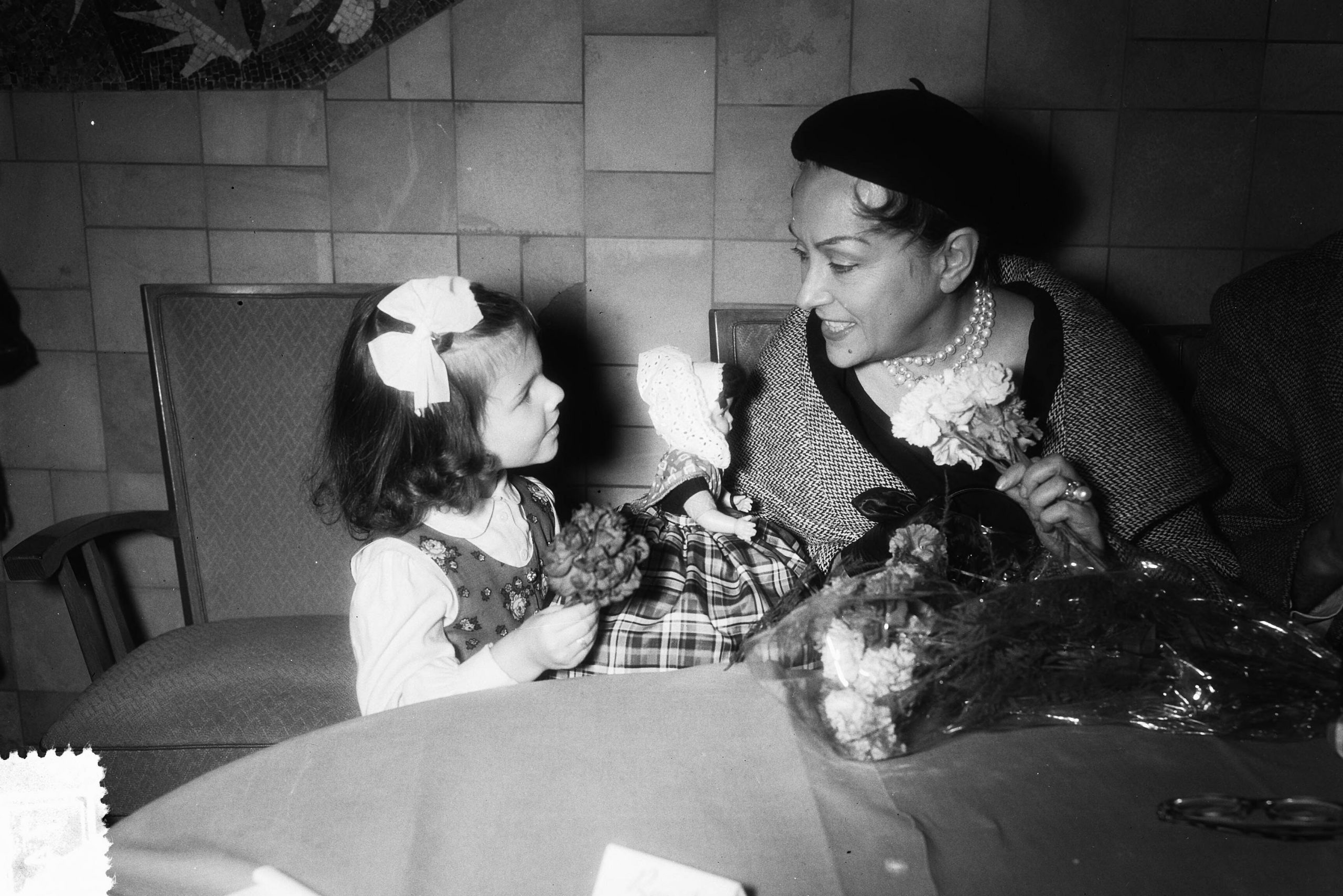Hopscotch (1980) is an example of a film that combines elements of a comedy and a spy movie: The film is based on the novel Hopscotch by Brian Garfield, who previously wrote the novelization of Death Wish (filmed in 1975 starring Charles Bronson). Brian Garfield was invited by British director Ronald Neame to contribute to the film’s screenplay – for a good reason: Garfield’s novel had little to do with a comedy. Rather, Garfield was interested in writing an agent novel that could build suspense without even a single gunfight. After all, there had already been enough gunfire in Death Wish.
However, when it was decided that Walter Matthau would play the lead role of ex-CIA agent Miles Kendig, one thing became clear: the film material definitely had to have comedic qualities. No one could imagine Walter Matthau as a deadly serious CIA agent.
After all, it was already funny to watch Walter Matthau just walking across a room. Brian Garfield managed to turn his novel into a film with comedic elements – without losing the spirit of the original work. Who was better suited for the job than the author of the original work himself?
Neame was the son of a photographer and a silent film actress – thus he was practically destined for the film business from birth.
Director Ronald Neame
Hopscotch owes its charm – apart from the main actors Walter Matthau, Ned Beatty, Glenda Jackson and Sam Waterston – to one person in particular: British director Ronald Neame. The director had gained his first experience in the film industry as a cinematographer with Alfred Hitchcock, and later worked with then-unknown monumental director David Lean on the film drama Great Expectations (1946). In every respect, Ronald Neame was learning from the greats of the film world. Neame was the son of a photographer and a silent film actress – thus he was practically destined for the film business from birth.
Ronald Neame created a special cinematic work with Hopscotch, because he gave generous freedom to the filmmakers involved: For the scene in which Miles Kendig and his sweetheart Isobel von Schönenburg (Glenda Jackson) meet in a Salzburg restaurant, Walter Matthau is said to have written the dialogue himself.
It was not often that a director gave the actors such great artistic freedom – parts of the script for Hopscotch were written directly on the set, and thus the dialogues sometimes captured exactly the mood that prevailed between the actors on set at the time.
Plea for wine drinking
The dialogues of Hopscotch are multifaceted and give the viewer many an insight into topics that actually have very little to do with secret services: In the scene where von Schönenburg (Jackson) and Kendig (Matthau) meet at a Salzburg restaurant, Schönenburg makes a plea for drinking wine: „Wine is not a disembodied essence. It is the product of skill, knowledge and, in many cases, love. (…) Americans hold many myths about wine. You’re all interested in fitness, in general health. You think bad for your liver and your heart. This is completely not true. It is the drinking of wine that makes it possible to eat the rich food which is bad for your liver and your heart because wine cuts grease.“
It’s one of those moments in the film when one forgets that the plot is actually about deadly serious matters – with this dialogue, one embarks on a brief journey into the world of wine drinking. Hopscotch is full of such moments.
Hopscotch – “Good Title”
Despite the fact that Glenda Jackson’s character of Isobel von Schönenburg is on the screen for only about 25 minutes, she could by no means resist accepting the role: Glenda Jackson previously starred alongside Walter Matthau in the comedy House Calls (1978), which provides interesting insights into the American health care system.
There is an almost perfect harmony between Matthau and Jackson on screen. One scene in Hopscotch in particular remains unforgettable: When Miles Kendig quits the CIA, he convinces his sweetheart von Schönenburg, with a put-on sad face, to support him in his risky venture of writing memoirs about his time as a CIA agent. In the film, the former agent von Schönenburg is said to have married an “old Nazi,” and now she administers her late husband’s estate – befitting her status, she lives in a lavish house in Salzburg. She does not want to jeopardize all this with some secret service memoir. But Kendig’s sad face is enough to convince her: from Salzburg, the first chapter of Miles Kendig’s memoirs is sent to secret services all over the world – thus the first round of Hopscotch was opened.
Hopscotch is the title of Kendig’s planned memoirs – that’s a “good title,” as an airport employee ably remarks just as Kendig arrives in England, the last stop of his cat-and-mouse game with the secret services. The title Hopscotch is a reference to the children’s playground game of the same name.
Walter Matthau and his fondness for opera
But it is not only the story and the acting skills of the actors involved that make Hopscotch a film in a class of its own: It’s also the music, which Walter Matthau himself is said to have chosen for the film. Creating a theme song with the character of an anthem for the film was out of the question – this was already used to accompany the film adaptations of Ian Fleming’s secret service novels. Instead, numerous works of classical music and opera were used: Walter Matthau was finally able to incorporate his enthusiasm for opera and classical music into his work as an actor. Matthau was considered a great connoisseur and lover of the opera genre – now he was given the opportunity to show this to his audience.
The film already begins in a musical way: Miles Kendig is currently on (his last official) secret mission in Munich, it is just the time of the Oktoberfest. The well-attended Oktoberfest, where music is a must, is an ideal place for agents to exchange information – but CIA agent Miles Kendig doesn’t miss a thing: while he inconspicuously hums the melody of a German song, he secures evidence and immediately intercepts his counterpart Yaskov, Western Europe head of the KGB.
Throughout the film, Walter Matthau’s choice of music shows his particular fondness for Mozart.
The Figaro Affair
When the country estate of Kendig’s former department head Myerson – a true American patriot who willingly performs any task assigned to him by politicians and dislikes Democrats – is blown up by TNT planted by Kendig while a record of the aria Un bel di vedremo (presumably interpreted by Montserrat Caballé) plays, the schadenfreude here is complemented by a truly musical treat.
Walter Matthau even got a chance to sing on screen in Hopscotch:
A Swiss border official was taught by the singing Miles Kendig that in the world of opera there is not only Mozart’s Le nozze di Figaro, but also the character of Figaro from Gioachino Rossini’s Il barbiere di Siviglia. The border guard confused Figaro’s aria from Il barbiere di Siviglia, which Matthau performed while driving, with Mozart’s Le nozze di Figaro.
Throughout the film, Walter Matthau’s choice of music shows his particular fondness for Mozart: Mozart’s Rondo in D Major, K. 382 takes the position of theme music and gives the film a major recognition factor. Hardly any other agent film makes such confident use of classical music.
A special charm
Director Ronald Neame collaborated with Walter Matthau one more time: Neame directed the courtroom comedy First Monday in October (1981), with Walter Matthau starring alongside Jill Clayburgh. While Matthau was not able to choose the music himself here, the film is brilliant not for its music anyway, but for its skillful and reflective humor that few other courtroom comedies can match.
With its special charm, Hopscotch occupies a unique place in the genre of secret service films: Brian Garfield’s novel already set the standard by clearly departing from the old-fashioned image of the agent novel. In contrast to the novel, the film could not dispense with a bit of gunfire: The bumbling apocalyptic Myerson, as he helplessly fires from a helicopter at a plane in which he suspects arch-enemy Miles Kendig, will hardly go down in film history as a professional marksman, however.
In any case, Miles Kendig and Isobel von Schönenburg are only interested in living a quiet life and having a good wine with their lunch…
Cover picture: © Simon von Ludwig
Main source: Walter Matthau Sings! (and Other Delights of Hopscotch), published in 2017 via criterion.com.

 Deutsch
Deutsch
